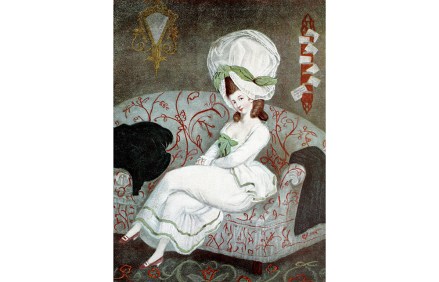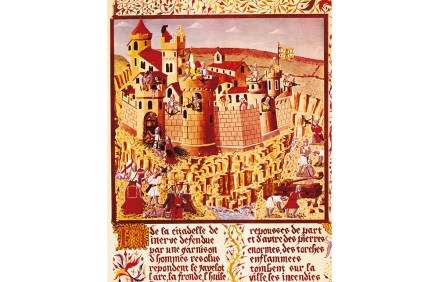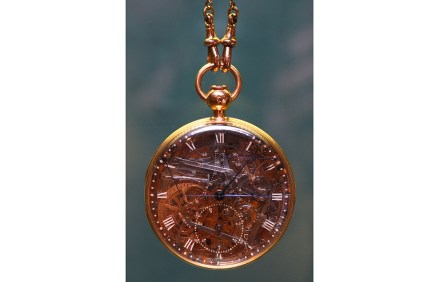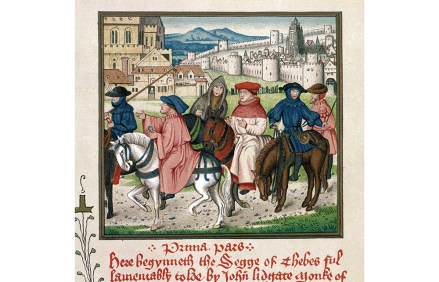Ordinary women make just as thrilling history as great men
In 1348, the year the Black Death reached England and devastated the country, Matilda, the wife of Robert Comberworth, attacked someone called Magota and drew blood. She was fined 3d. Agnes, the wife of William Walker, attacked William de Pudsey and was fined four times the amount. Amica, an official watch-woman tasked with guarding a





